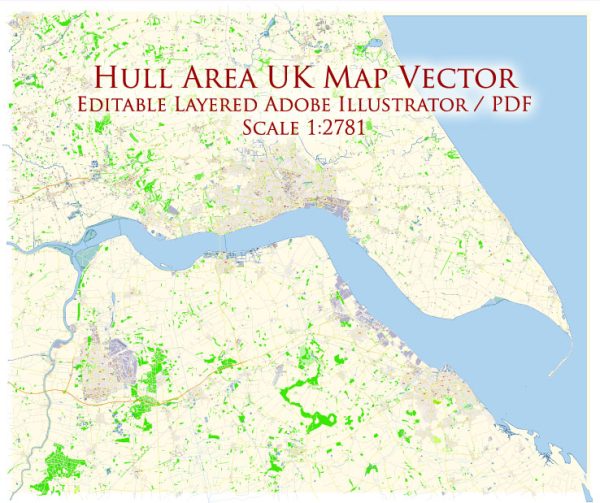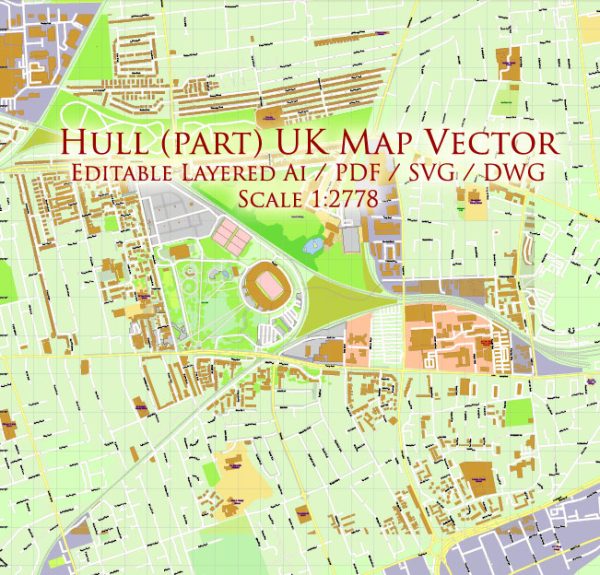Hull, officially known as Kingston upon Hull, is a port city in the East Riding of Yorkshire, England. It has a rich history and a diverse socio-economic landscape. Here’s a brief description of Hull’s socio-economic characteristics:
- Economy: Hull has a mixed economy that includes manufacturing, healthcare, education, retail, and the public sector. The Humber Estuary plays a crucial role in the region’s economy, with a busy port that handles a significant volume of cargo and trade.
- Employment: The city has faced economic challenges in the past, but it has been working to diversify its economic base. Employment opportunities are available in various sectors, with healthcare, education, and manufacturing being major employers.
- Education: Hull is home to the University of Hull and the Hull College Group, which contribute to the local economy and offer educational opportunities to the residents. Education and research institutions play a vital role in the city’s socio-economic development.
- Healthcare: The healthcare sector is a significant contributor to Hull’s economy, with several hospitals, clinics, and research facilities. Hull Royal Infirmary is a prominent healthcare institution in the region.
- Regeneration: Hull has undergone significant regeneration efforts in recent years, particularly in its city center and waterfront areas. This includes the Hull City of Culture program in 2017, which helped boost tourism and cultural activities.
- Socio-economic Diversity: Hull has a mix of socio-economic backgrounds, with areas of affluence and areas that face economic challenges and social deprivation. Like many cities in the UK, there are disparities in income, employment opportunities, and access to services between different neighborhoods.
- Tourism: Tourism is a growing industry in Hull, with attractions like The Deep, a large aquarium, and cultural events drawing visitors to the city. Tourism contributes to the local economy and supports jobs in the hospitality and service sectors.
- Infrastructure: The city’s infrastructure includes a network of roads, public transportation, and the Humber Bridge, connecting Hull to the surrounding region. The port is a key piece of infrastructure that facilitates trade and commerce.
- Cultural Diversity: Hull is a diverse and culturally vibrant city, with a variety of cultural events, festivals, and a strong sense of community. The city has a rich maritime heritage, and this is celebrated in its museums and cultural offerings.
- Challenges: Hull has faced economic challenges, and there are ongoing efforts to address issues related to social inequality, unemployment, and infrastructure development. Local government and community organizations are actively working to improve the city’s socio-economic conditions.
Hull has a unique blend of history, culture, and economic activity, and it continues to evolve as a dynamic city in the East Riding of Yorkshire. Its socio-economic landscape reflects both opportunities and challenges that are characteristic of urban areas in the UK.



 Author: Kirill Shrayber, Ph.D. FRGS
Author: Kirill Shrayber, Ph.D. FRGS